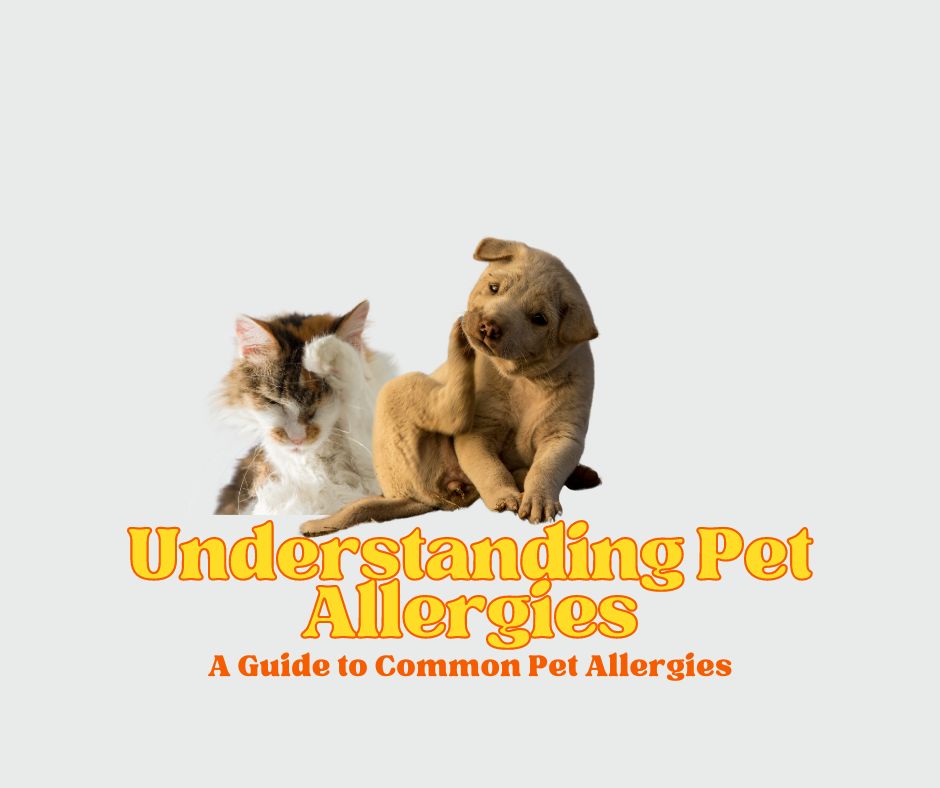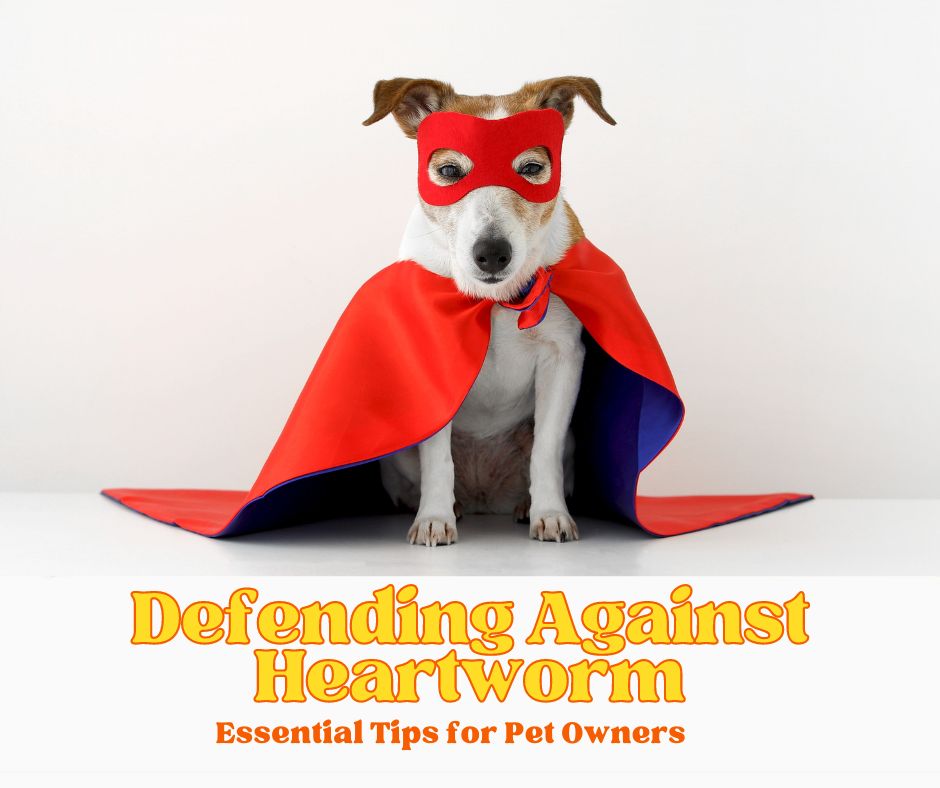As pet owners, we want nothing more than to see our furry friends happy and healthy. Unfortunately, just like humans, pets can suffer from allergies. Understanding the signs of allergies in pets and knowing how to manage them is crucial for ensuring their well-being. At Rock Falls Veterinary Care, we’re dedicated to providing you with the information you need to keep your pets comfortable and healthy. This blog will explore common allergies in dogs and cats and offer tips on how to manage them effectively.
Dog Allergies: Recognizing and Managing Them
Common Allergens for Dogs
Dogs can be allergic to a variety of substances, which are broadly categorized into:
1. **Environmental Allergens:** Pollen, mold spores, dust mites, and dander.
2. **Food Allergens:** Beef, chicken, dairy, wheat, soy, and corn.
3. **Flea Allergens:** Proteins found in flea saliva.
Symptoms of Allergies in Dogs
– **Itching and Scratching:** Dogs with allergies often scratch incessantly, especially around their ears, paws, and hindquarters.
– **Skin Irritations:** Red, inflamed skin, hot spots, and hives.
– **Ear Infections:** Recurring ear infections that lead to redness, odor, and discharge.
– **Gastrointestinal Issues:** Vomiting and diarrhea, often associated with food allergies.
– **Respiratory Symptoms:** Sneezing, coughing, and nasal discharge, though less common, can indicate allergies.
Managing Dog Allergies
1. **Veterinary Consultation:** The first step is to consult with your veterinarian, who can help identify the allergen through skin tests, blood tests, or elimination diets.
2. **Flea Control:** Regular use of flea prevention products can help dogs with flea allergies.
3. **Dietary Management:** For food allergies, a vet-recommended hypoallergenic diet can help pinpoint the allergen.
4. **Environmental Changes:** Minimizing exposure to known environmental allergens by using air purifiers, washing bedding frequently, and keeping your home clean can significantly reduce symptoms.
5. **Medications:** Antihistamines, corticosteroids, and other medications can help manage severe allergy symptoms.
Cat Allergies: Identifying and Treating
Common Allergens for Cats
Cats, like dogs, can be allergic to several things, including:
1. **Environmental Allergens:** Pollen, mold, dust mites, and cigarette smoke.
2. **Food Allergens:** Beef, fish, chicken, dairy, and grains.
3. **Flea Allergens:** Flea saliva, which causes flea allergy dermatitis.
Symptoms of Allergies in Cats
– **Itching and Scratching:** Cats often scratch their head, neck, and ears.
– **Skin Issues:** Red, inflamed skin, hair loss, and scabs.
– **Ear Problems:** Frequent ear infections with redness and discharge.
– **Gastrointestinal Issues:** Vomiting, diarrhea, and other digestive problems related to food allergies.
– **Respiratory Symptoms:** Sneezing, coughing, and wheezing, though less common.
Managing Cat Allergies
1. **Veterinary Consultation:** A thorough examination by your vet is essential to identify the allergen. This might involve blood tests, skin tests, or elimination diets.
2. **Flea Control:** Consistent use of flea prevention products is crucial for cats with flea allergies.
3. **Dietary Adjustments:** Switching to a hypoallergenic or limited-ingredient diet can help identify and eliminate food allergens.
4. **Environmental Management:** Reducing exposure to environmental allergens by using air purifiers, cleaning frequently, and avoiding smoking around your cat can help.
5. **Medications:** Antihistamines, corticosteroids, and other medications prescribed by your vet can alleviate symptoms and improve your cat’s quality of life.
Conclusion
Pet allergies can be challenging, but with the right approach and veterinary care, they can be managed effectively. If you suspect your dog or cat has allergies, it’s essential to seek professional advice to determine the cause and find the best treatment plan. At our veterinary clinic, we’re here to support you and your pets every step of the way. Together, we can ensure that your furry companions lead happy, healthy lives, free from the discomfort of allergies.
Feel free to contact our clinic for more information or to schedule an appointment. Your pet’s health and comfort are our top priorities!




